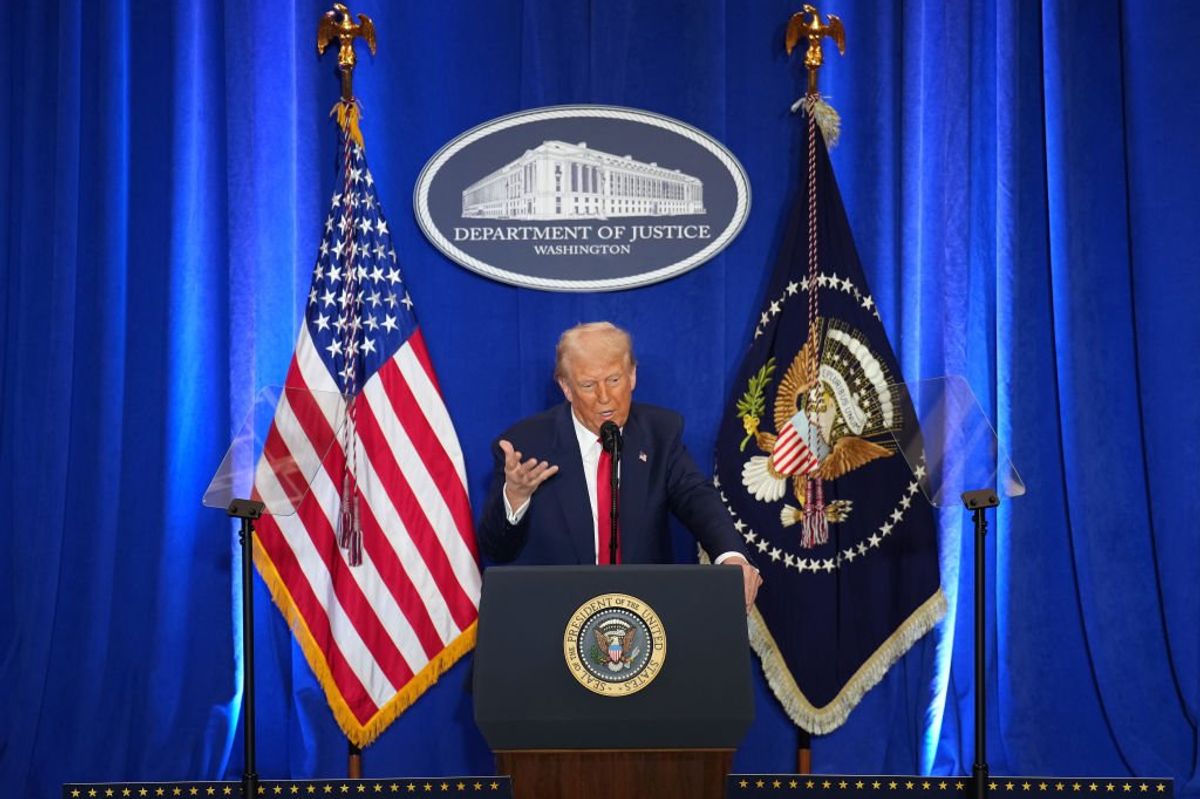Jarell Corley is a US Army Field Artillery Officer currently serving in South Korea, a national spokesperson forOpen Primaries, and a native of Chicago. The views expressed in this article are that of the author and do not represent the views or opinions of the Department of Defense, The United States Army, or any governmental agencies affiliated with The United States Government.
With Brazil’s recent insurrection following the recent trend of civilian upheaval starting with the January 6th insurrection, we must ask ourselves how America will lead in 2023 as the future for democracy around the globe grows ever dimmer. Other instances bringing democracy’s fate around the world into question include England’s messy succession crisis, Russia’s Ukraine invasion, Chile's vote on a radical constitutional amendment, and Peru’s post election upheaval.
As the leading force of democracy in the world, America must question old assumptions and embrace new mechanisms, such as open primaries, by which its democracy operates.
The push for electoral reform amongst independent voters is growing more popular in our country, as they push for full voting rights. Open primaries would further democratize our system of voting and put more power into the hands of the American people. Embracing such a reform could create a new model for American Democracy empowering individual communities from the ground up and ultimately begin to solve the crisis within the halls of our nation’s Congress.
Sign up for The Fulcrum newsletter
If proven effective here in America, this new model could serve as the light piercing through the veil of darkness enveloping modern democracy around the world as well. There is no question about American influence on the global political scene and with so much of the world emulating our likeness, democracy’s future depends on our ability to get our own house in order.
As a Commissioned Officer serving in the Republic of Korea, America’s global influence couldn’t resonate with me more as I immerse myself into a new culture abroad. Like many democracies around the globe, Korea’s government closely mirrors that of America. Korea has three branches of government along with two major political parties fighting for power. Similar to America are also the Korean election cycles and the makeup of its version of Congress known as The National Assembly. One day while reading the Korean news, I literally thought I was following American politics as the content coverage was eerily similar.
The Republic of Korea debates many of the same issues we do, such as the economy, foreign policy, and women’s rights, among other topics. Additionally, they have polarized points of view covering these topics just as here in America. Interestingly, upon doing further research on other Democracies around the world supported in one way or another by America, I found striking similarities with their systems of government as well.
Making this discovery was quite astonishing and has made me realize the independent voter movement’s push for open primaries and other electoral reforms goes beyond building a better democracy here at home. The importance of this movement extends beyond America’s borders and is critical to the continued longevity of democracy around the world.
With the many images in the global media showing a divided populace, unable to work together in the midst of chaos throughout the many countries of the world, my experiences in the United States Army show a side of the coin not often portrayed by the media. This side is a portrait of the other America. Those active duty military and veterans fortunate enough to serve their country for a purpose greater than self. This is the side of America that has weathered all the storms testing our great Nation pushing us ever closer to embody the spirit of our constitution and furthermore to provide opportunity for all who live within these borders.
If our active duty military and veterans who served can work together and accomplish a common purpose, imagine what our country could accomplish if a new form of democracy-like open primaries- empowered independent voters so that all voters could work together rather than against one another. Accomplishing this would not only build democracy in America, but offer a beacon to other world democracies to continue to build their own systems to ensure equal voting rights for all the world’s citizens.



















